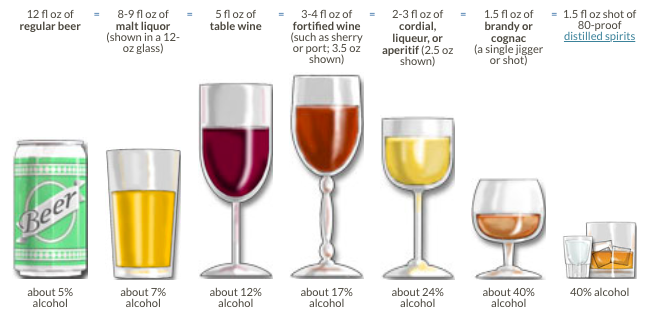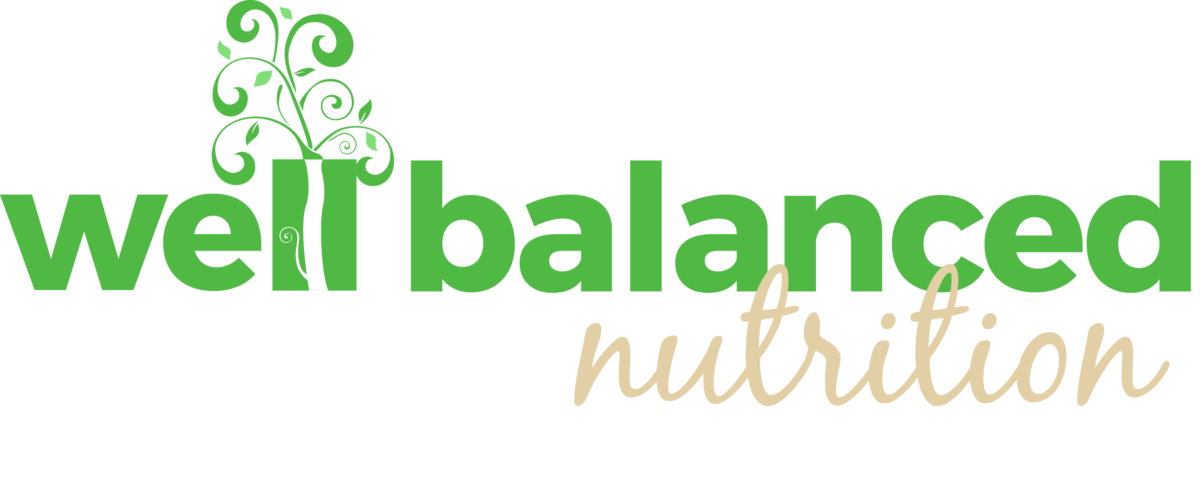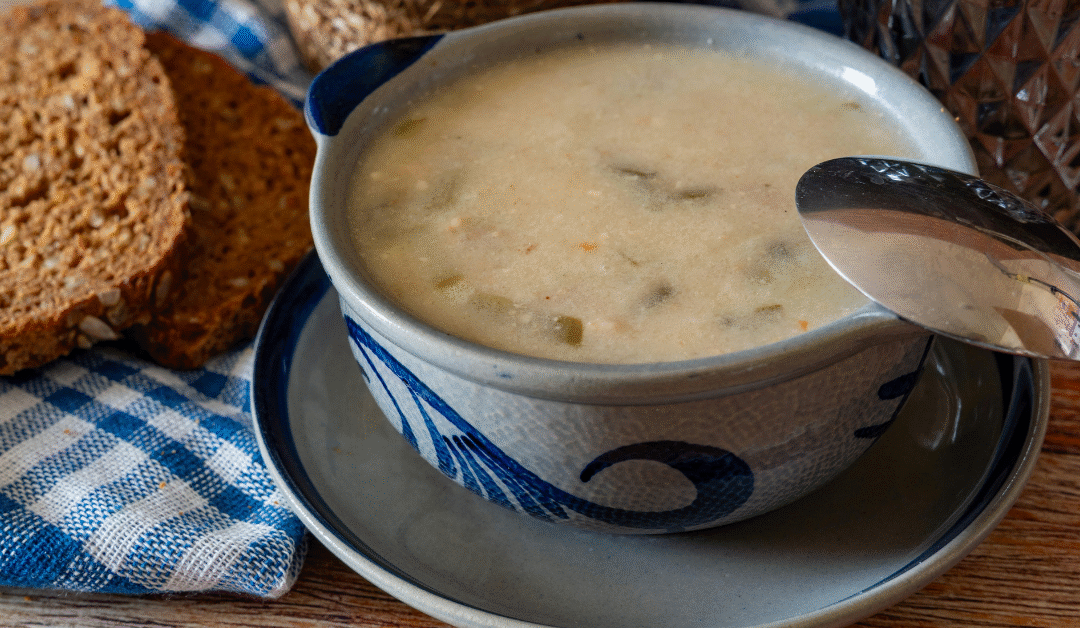It is a warm Spring day in Durham, NC (or your hometown) and your friends, coworkers or honey has invited you to hang out at [fill in the blank], your favorite hip place to sit outside and enjoy a microbrew, glass of wine or signature cocktail. There is no shortage of opportunities to enjoy a “cold one” when the weather gets nice. It seems like it is what you DO this time of year. You may enjoy one after working up a sweat in a boot camp class or sip some wine after a refreshing yoga session.
As a wellness enthusiast, you may have wondered, can I drink alcohol and still be healthy?
If you are a client or follower of Well Balanced Nutrition, you know that we focus on holistic health and wellness that goes beyond simple nutrition. When we answer the question, is drinking alcohol healthy for me, we must look at it from all sides – or as many as possible. I wish that it was a simple answer – “yes, it’s nutritious” OR “no, steer clear.” It’s more complicated than that and it is very personal. Let’s dive into the research, look at things you should consider and how this can all be brought back to your personal wellness journey.
Research suggests moderate drinking is heart healthy.
In 2016 an international consensus statement came out stating that moderate amounts of drinking can benefit your heart by preventing the occurrence of disease and deaths caused by heart disease. That’s a pretty big deal considering heart disease is the leading cause of death for both men and women. Cheers to that, right!?
First, let’s stop and define what “moderate drinking” means. In order to potentially see this heart health benefit, a man must stop at 2 drinks per day and women must stop at one drink per day. Before you wine-lovers get too excited, this does not mean pour an entire bottle of wine into one wine glass. (Have you seen those hilarious memes!?)
One drink is defined as:

Photo Source: RethinkingDrinking
But before we raise our glasses, a newer study says maybe we should drink even less to reduce our risk.
A newer study updated in 2018, suggests that a better guideline for current drinkers (both men and women) is to drink no more than 7 drinks per week. In their review of the evidence, researchers found the lowest risk of premature death was in those consuming this amount or less.
The heart health takeaway: One 12 ounce beer, 5 oz glass of wine or 1.5 oz shot per day can be protective against heart disease and keep us at low-risk.
While moderate alcohol consumption may benefit our hearts, other evidence suggests that, when it comes to cancer, there is no safe amount.
While heart disease is the number one killer, cancer is right there in second place. It appears that even light to moderate drinking can increase our risks of some cancers. This is true for esophageal, head and neck, and breast cancer.
Other important things to consider
There are many other things to consider when deciding if drinking alcohol can be part of a healthy diet and lifestyle. If you are a pregnant woman or planning to become pregnant, a recovering alcoholic, a person with liver disease, under the legal drinking age or taking one or more medications that interact with alcohol, drinking alcohol poses substantial risks and should be avoided.
The reason you choose to drink matters.
Have you ever thought, “I’m so stressed. I just need a beer (or glass of wine).” If this is a nightly ritual for you, perhaps it is time to think about other more nurturing ways to take care of yourself after a long day or stressful event. The trouble with continuously numbing your pain with a drink (or food) is that it leads to numbing all emotions – even the good ones that you don’t want to miss out on.
Alcohol and Weight loss
For a few reasons, alcohol could be sabotaging your efforts to eat well and lose weight. First, when you drink, your liver will prioritize metabolizing the alcohol and this will put a halt to any fat loss and may even increase fat storage. Also, alcohol increases your appetite and lowers inhibitions making it hard to say no to those pretzels, late night pizza or sweets. Lastly, alcoholic beverages can be high in calories. If you’re serious about losing weight, it’s best to put alcohol aside – or at the very least cut back and choose wisely. Below are calorie counts for alcohol, which vary.
- Beer — 250 calories
- Red or white wine — 120 calories
- Daiquiri — 259 calories
- Vodka and club soda — 64 calories
- Champagne — 84 calories
- Rum and Coke — 91 calories
- Cosmopolitan — 230 calories
- Bloody Mary — 140 calories
- Sangria — 167 calories
- Plain Martini — 69 calories
- Margarita — 270 calories
Alcohol and Sleep
Drinking alcohol can interfere with a good night’s sleep. While it may make you drowsy initially, drinking alcohol will make your sleep less restorative, more likely to be interrupted and lower in quality, according to the National Sleep Foundation.
Alcohol and IBS
If you have a sensitive digestive tract, you may already know that alcohol is a gut irritant. It often causes flare ups for people with Irritable Bowel Syndrome. Everybody is a little different. Some might find that they can tolerate a gin and tonic or glass of dry wine, while beer may really trigger symptoms. Not overdoing it and listening to your body will help keep your gut happier.
I get by with a little help from my friends
If you are going to drink, drinking an alcoholic beverage as part of a healthy meal that you enjoy with good company, may quite possibly be the best way to do it. The benefits of drinking alcohol for heart health may not be much alone, but when you pair it with quality social time and/or nourishing food this combination seems to be a key for living a long healthy and happy life. In the pockets around the world with the highest life expectancy, people drink moderately and regularly. As the researchers who study these communities put it…
“The trick is to drink 1-2 glasses per day (preferably Sardinian Cannonau wine), with friends and/or with food. And no, you can’t save up all week and have 14 drinks on Saturday.” – Dan Buettner, Power 9®
Bringing it back to you and your personal wellness journey.
Now that you know what the research says about your risk, who should avoid alcohol and the many other things to consider, let’s bring the focus back to your individual story. It comes back to figuring out what is right for you. What is your personal and family health history? What are your goals? How does alcohol make you feel? What role does it play in your life? Does it help you live your best life or does it get in the way?
➡️ Let us know in the comments below ⬇️ what your biggest takeaways were from reading this or tell us how alcohol does or doesn’t fit into your healthy lifestyle. Want to improve your habits, but not sure how to get started? We can help. 🙂
Still curious about this topic? Check out these additional resources:
- DrinkAware.co.uk and RethinkingDrinking are two great places to get more facts, information, and tools.
- What is considered excessive drinking? Find out here.
- Consider listening to this interesting podcast, Alcohol: a pour decision? by Science Vs., where they interview several experts.
- A further look at how to weigh the pros and cons of drinking at Harvard’s’ Nutrition Source Blog: Alcohol the Full Story
- Are you a runner or do have an intense fitness routine? Read more about alcohol after exercise here.




